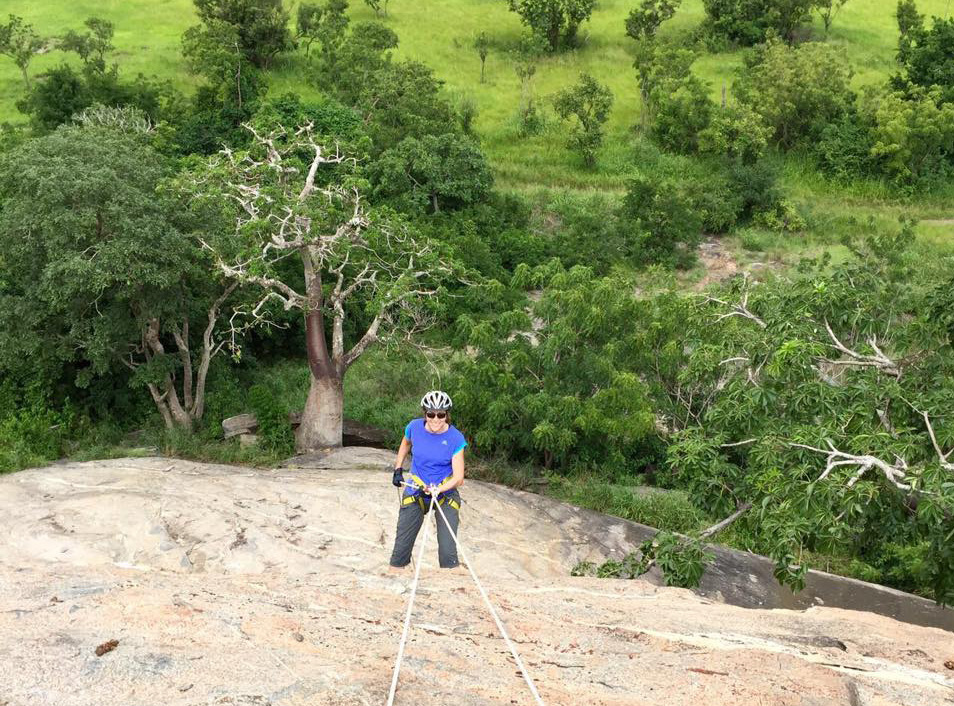Investment Opportunities
The Wildlife Division of Ghana’s Forestry Commission seeks
Private Sector Participation
The Wildlife Division of the Ghana Forestry Division is pursuing an ambitious agenda to showcase and attract investment for the eco-tourism opportunities within its estates across the length and breadth of Ghana. The Wildlife Division seeks to implement responsible nature-based and people-centered eco-tourism. It is inviting the private sector to join hands with it in forming enduring public-private partnerships (PPPs) to improve income generation potentials in a benefit sharing formula…
LASTING DEVELOPMENT PARTNERSHIPS THROUGH PPPS IS THE GOAL
In order to develop the wildlife resources to its fullest potentials, the Wildlife Division of the Forestry Commission is seeking a lasting developmental partnership with the private sector under the Public-Private Partnership (PPP) initiative for enhanced cooperation and benefit sharing. Present challenges include the usual insufficiency of Government subvention for its operations, limited amounts of self-generated revenue streams, and scarcity of tourism development within the estates to generate sufficient revenue. The main future challenge facing the Wildlife Division is that it must now become business and service-oriented. The Division must become financially self-supporting and, to do this, must establish partnerships with the private sector. The coming in of the private sector will also enable the Division to focus on its core business of resource protection and wildlife conservation. With the private sector, the Division must develop tourism products within the parks to establish a viable, long term revenue base. It is critically imperative for the Wildlife Division to involve the Private sector in Ghana’s wildlife estate in a “partnership in conservation.” Benefits of such a partnership are not
far-fetched: Besides allowing the Division to concentrate on its core business of resource protection and wildlife conservation, the private sector is expected to bring on board modern tourism development and management inputs as well as marketing and promotional efforts. There has been an improvement in resource management, and the development of certain tourism infrastructure including the construction of appealing and functional entrance facilities, picnic camps and sites, bird and animal viewing hides, and interpretation in some of the protected areas.These developments by
the Wildlife Division are in line with the Division’s park management objectives, one of which is the conservation of the unique features of the parks to maintain ecological integrity. A second management objective is to explore and develop the tourism potentials of the parks in a sustainable way. Also, the Division is expected to integrate these developments with those of the local communities around the parks in terms of employment, benefit sharing and off-reserve businesses.
For more information on Investment Opportunities in the Wildlife sector, please contact:
The Executive Director Wildlife Division
P.O. Box M239
Accra, Ghana
Tel: +233233 302 401210, 401227, 401216,
Fax: +233 302 7010031 Email: info.wd@fcghana.org
In 1999 three state natural resource management organizations were merged under a reconstituted Forestry Commission with the Wildlife Division as one of its operational agencies. Following the Forestry Commission’s re-constitution and a shift in orientation, the need has arisen for the Wildlife Division to improve its revenues to meet its own funding requirements through tourism development and promotion within and with estates of the Division, AND WITH GREATER PRIVATE SECTOR PARTICIPATION. The Division is therefore vigorously pursuing the development of responsible nature-based and people centered eco-tourism efforts that seek to improve on the income generation potentials of the national parks alongside ensuring better conservation and long-term sustainability of the wildlife resources. Currently, the estates of the Wildlife Division of the Forestry Commission include:
National Parks: Mole National Park, Nini Suhyien National Park, Kyabobo National Park, Digya National Park, Bia National Park, Bui National Park
Wildlife Sanctuaries: Bomfobiri Wildlife, Sanctuary and Owabi Sanctuary.
Ramsar sites or wetlands: Sakumono, Muni Pomadze, Densu Delta and the Keta Lagoon Complex.
Keta Lagoon Complex. Ramsar sites or wetlands.
These wildlife estates are relatively undisturbed areas of outstanding natural value containing representative samples of different landscapes containing one or several entire ecosystems, and not materially altered by man. Ghana’s wildlife map shows an even distribution of these resources over Ghana’s land area. The important fact is that, put together, our national parks occupy a whooping 5.6% of Ghana’s land and water surface.

